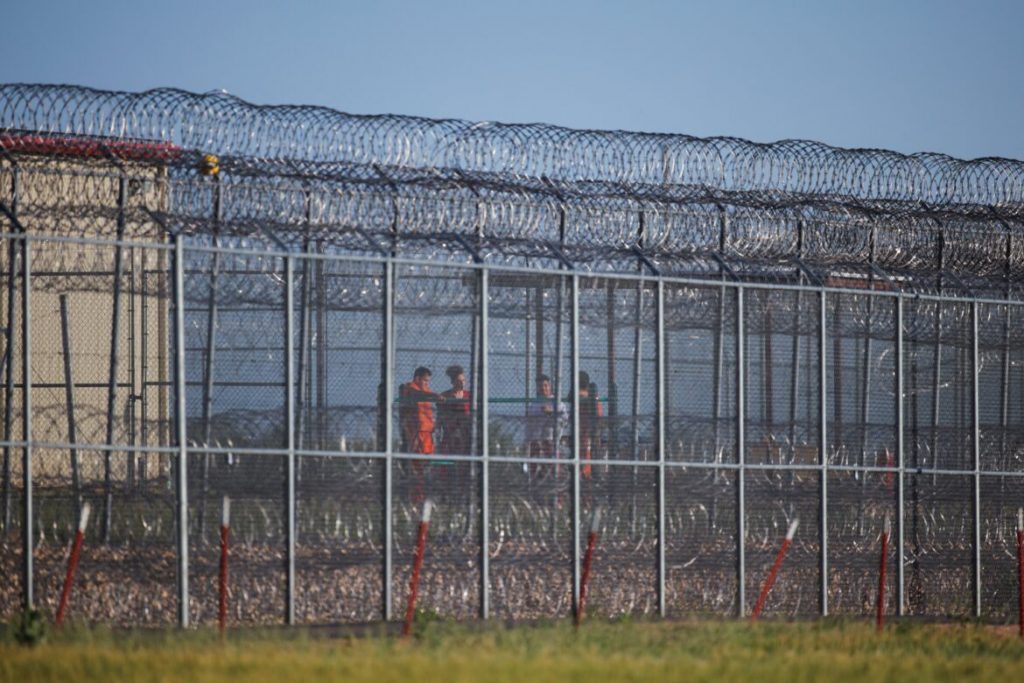Catholic immigration advocates are praising a recent U.S. Supreme Court decision that temporarily blocks the Trump administration from deporting certain migrants accused of gang ties using a wartime law. The order halts deportations under the Alien Enemies Act of 1798, which President Trump reactivated in March to target Venezuelan migrants allegedly linked to the Tren De Aragua gang.
Anna Gallagher, the executive director of the Catholic Legal Immigration Network (CLINIC), said the court’s decision is an important move to stop what she called a dangerous misuse of power. She explained that using a wartime law to remove migrants without proper legal procedures threatens their right to due process.
The Alien Enemies Act hasn’t been used in this way since World War II. Trump’s administration argued that it grants broad authority to deport foreign nationals seen as threats, but legal experts and immigrant rights groups strongly disagree. Earlier this month, the American Civil Liberties Union challenged the administration’s actions, leading to the Supreme Court’s involvement.
Although the court didn’t rule on whether the use of the law was constitutional, it did say migrants have the right to a legal review of the claims made against them. Then, in an unusual move on April 19, the court issued a temporary order to stop deportations, saying the matter is still under review in the 5th U.S. Circuit Court of Appeals.
“The Government is directed not to remove any member of the putative class of detainees from the United States until further order of this Court,” the Supreme Court stated. However, Justices Clarence Thomas and Samuel Alito dissented, with Alito criticizing the decision as hasty and lacking proper lower court input.
J. Kevin Appleby, a senior fellow at the Center for Migration Studies, noted that this decision signals a return to checks and balances. He believes the Supreme Court is pushing back against the executive branch’s growing power and stressing the need for due process in immigration cases.
“The administration is taking the position of deport first, ask questions later,” Appleby said. “That’s not how the legal system should work, especially when lives are at stake.”
There have also been troubling reports of U.S. citizens being mistakenly detained by immigration agents. In April alone, a man in Florida and another in Arizona were wrongly held until they could prove their citizenship with birth certificates.
Gallagher added that no one should lose their rights based on suspicion alone. She hopes this decision marks the beginning of a fairer immigration process in the country.

